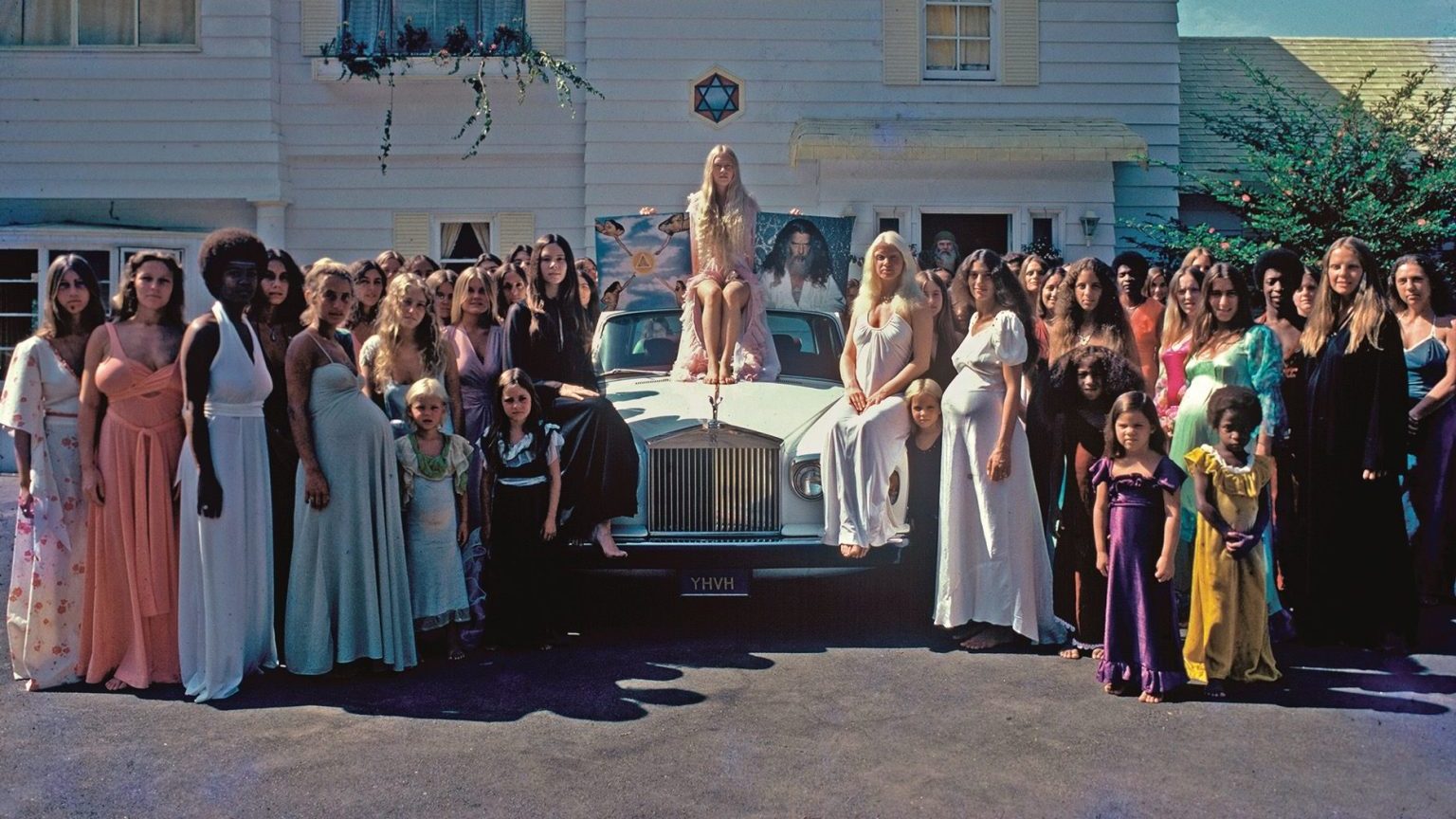We Need a “Slow Domesticity” Movement

“Life,” my brother-in-law tells me, “is 90 percent maintenance.”
I’ve no complaints about my husband’s chore contribution in our marriage. Our “dreariness index” as I call it seems fair enough. It’s just that John’s an engineer, and I’m a writer, so our chore techniques don’t match. If John had his druthers, he’d color-code the kitchen, assign identifying numbers to forks, and give each pot a dedicated spot in the dishwasher. I can hear it now, “Hon, you put Frying Pan #1A in Pan #1B’s spot again.”
As for myself, I treat chores with grim haste and heartlessness. I dump flowers unceremoniously into a vase. I bang around dishes in careless boredom. The only chore thrill I get is when I do a time-motion study of grocery shopping, to see how fast I can get it done. My 9-year-old son times me. “Do you have your shopping list organized by grid all ready?” he asks eagerly.
Chores are something to get through, quickly and by rote, to get to the other side where that 10 percent of life beckons.
You could say that loathing domestic chores has even become an informal badge of our liberation as wives. After all, I wouldn’t want to look like the 1950s housewife parodied on those sassy cocktail napkins sold in wine stores!
Any woman who just loved dusting might be thought, and fairly enough, to have Stepford Wife syndrome, June Cleaver fever, or some other false consciousness.
This reminds me of a story I discovered when I was researching my book. In 2004, Sabrina was a doctoral student at UNC-Chapel Hill. On her first day in a literature seminar on irony, the professor’s lecture focused on the “art of detecting irony.” She distributed to the class a letter to the editor,written in 1985, called “Simple Tasks that Give Pleasure.” The letter was written by a woman named Sally Carney.
Sally was responding to an article by a man about the “simple pleasures” of lawn mowing. Sally wrote that from her “female perspective,” housewifely tasks provided simple gratifications, too. “There have been innumerable instances in my life when a sink full of warm dishwater provided the backdrop for more profound thoughts. When a neatly folded sheet, taken down from drying in the sun, gave repose to hands fraught with worry over a sick family member.”
The professor’s question: Was Sally for real? Could she be serious about the pleasures of the housewife?
That seemed impossible to most students, who voted for irony. “She couldn’t possibly mean this seriously,” one woman said. “I mean, unless she’s June Cleaver or something.” A male student surmised that “anyone subscribing to the Times would have to be more sophisticated than the letter lets on. Obviously, she didn’t mean for us to read it straight.”
By fantastic chance, it so happened that Sally was Sabrina’s godmother from Michigan. Sabrina asked her godmother directly, and learned that Sally had indeed written the letter in “all domestic sincerity.”
The notion of the housewife pleasantly absorbed by detail, routines, and aesthetics of everyday domestic tasks had by 2004 become a punch line of history.
But, the thing is, the chores remain, post-liberation, whether we loathe them or not. As my mother used to say, “those dishes aren’t going to wash themselves.” Someone has to do them, and unless you’ve got a partner who does every single chore (ahhh), we all occasionally find ourselves elbow-deep in soapy water or with a scouring brush in hand.
Then I had an idea, inspired by the “slow food” movement. What if I treated chores with attention, detail, and mindfulness, almost like meditative touchstones? Could they rehabilitate themselves from chores into domestic arts again?
Among other things, the slow food movement says that we need to restore sensual, leisurely, epicurean pleasures and rituals to our culinary routines. Likewise, a slow domesticity movement might help us to appreciate, even savor, the domestic and aesthetic routines of our everyday lives….
Just-purchased flowers have congregated around the sink, in need of a vase. I take a deep breath, then another, and try to clear my mind. I carefully separate each flower; I think about how they might look best together. I notice flaws in some, arrange them toward the rear. I slow it down, take another deep breath, take some care to pluck a failing petal or two from a tulip, and enjoy its texture. I pay more attention to the angle at which I cut the stem. In fact, I use scissors to trim up the stem—instead of a handier butcher knife. I arrange, rather than dump, the flowers….
I did it! I Zenned a chore. I don’t think it took me that much longer to do the necessary task but not hate it. The chore acquired a bit of soulfulness. And I’m happy to report that I’m still not June Cleaver.
Taking time to do a boring chore with feeling made a small but true difference in my day and, if you have enough small, pleasant moments in each day, where appreciation triumphs over annoyance, it must add up.
I can’t honestly say that Zenning the chores has become a habit, that I’m now the Yoda of dishwashing. I guess my Slow Domesticity movement has been erratic. But it’s a start.





